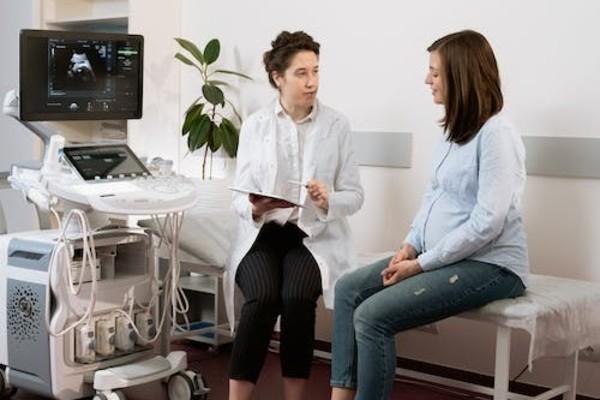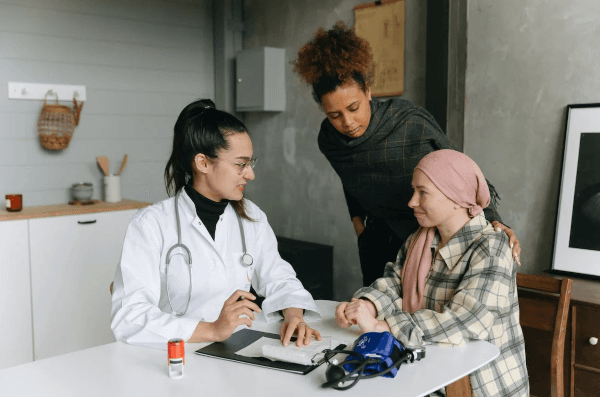
For Teachers & Professionals
Intellectual disability and Sexuality – part 2: Sex Education
An overarching theme is to teach family and educators not to diminish the value that represents sexuality in people and to assist when needed to address the process of sexual development and sexuality. Although people with ID have the same sexual needs as the general population, it is often neglected and poorly understood in the health care field, mainly for the stereotypes talked about previously. If information is provided, it is often limited to sexual health education, such as sexual function or contraception. It becomes vital to address sexuality from multiple perspectives: sexual abuse, sexual education, sexual desires, contraceptive use, sexual differences between males and females as well as between adolescents and adults, gender identity, and sexual orientation.
Sexuality in adolescents with ID
Initial manifestations of sexual interest in this population do not differ from adolescents without ID. People with ID are aware of rules regarding appropriate sexual behaviour. However, they do not know how sexual relations develop, and this situation was associated with limited access to information. Sexual expressions and desire in people with ID are affected by a “biological urgency” and people with ID are more likely to engage in sexual practices affected by environmental factors, resulting in atypical sexual practices. Adolescents must be educated on the meaning of these “urges” and how to appropriately express them.
Sexuality in adults with ID
Adults are presented with limited opportunities to develop emotional relationships as well as a healthy sexual identity. Adults desire to express their sexuality, either through intimate relationships or through the experience of relationships with other people, although they may feel insecure in the latter, especially with long-term relationships. Women have low rates of contraceptive use. Both men and women have a higher autoerotic behaviour compared with the general population. Adults also have distorted beliefs about laws against sexual abuse, don’t know the minimum age for consent in a sexual relationship and only a few know that they have equal freedom to marry.
Sex Education in ID Patients
Few people with ID have received sexual education. This low prevalence may be due to most educators not feeling prepared to manage themes of sexuality with these patients or due to an incorrect perception of mental age versus chronological age. Overcoming the already discussed stereotypes may lead more professionals to overcome the “fear” of talking about sexual topics with these people.
Steps that must be taken by professionals to deliver adequate sex education are:
- An identification of the most important problems in the community, followed by an evaluation of what activities have been developed in the past and how to involve caregivers and family members;
- The creation of sex education classes in mixed groups, and discussion about “safe sex” and feelings.
The classes should not take more than two hours and the topics discussed must be divided. Repeating concepts, asking for questions and using support devices like videos are of uttermost importance.
REFERENCES
Medina-Rico, M., López-Ramos, H. & Quiñonez, A. (2018). Sexuality in People with Intellectual Disability: Review of Literature. Sex Disability. 36, 231–248. https://doi.org/10.1007/s11195-017-9508-6
Share the knowledge!
More For Teachers & Professionals Q&A

Promoting healthy relationships in Young people

Emphatic Communication

Female cancer and Sexuality Part 1: Clinical inquiry regarding female sexual health

Plastic Surgery and Discussion on Sexuality

Intercultural Communication

Voluntary Abortion and Professionalism
This is a website that WE are building together. If you have a question there is no answer to on this site, send it here!
